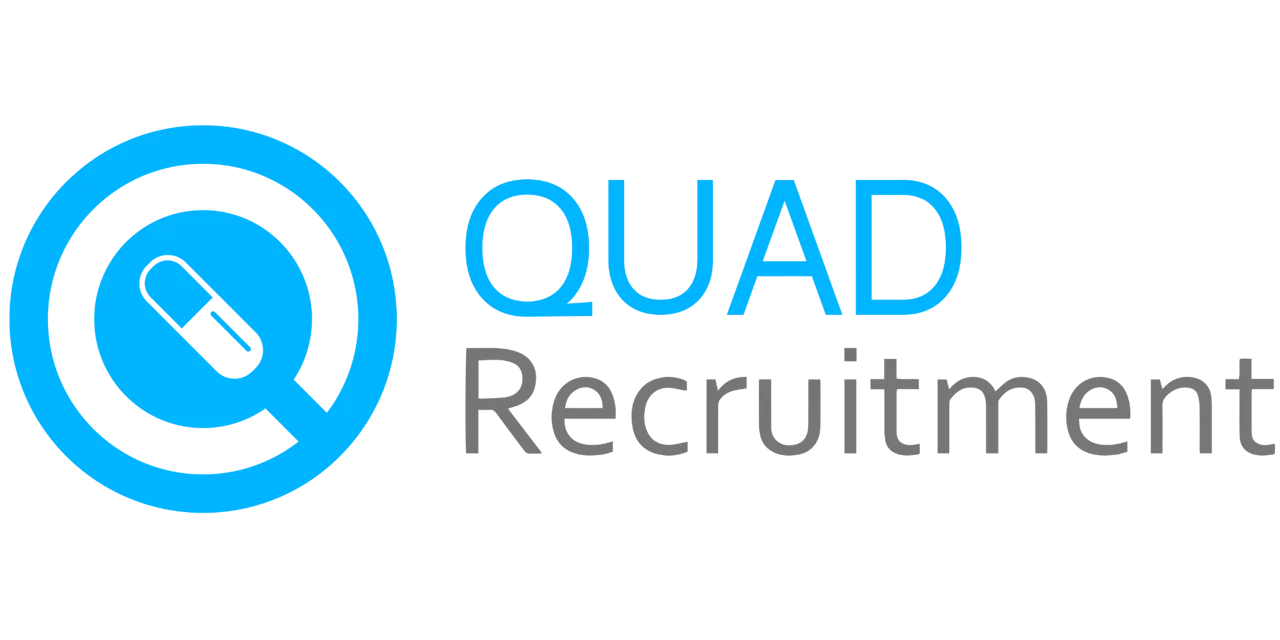Types of Pharmacists & How To Make a Career Change to Become One
28 Nov, 20235 minA job change journey is filled with challenges and excitement. If you’ve been in the healthc...

A job change journey is filled with challenges and excitement. If you’ve been in the healthcare industry for a long time, you might consider making a switch to a pharmacist job. For those passionate about healthcare, science, and making a positive impact in people’s lives, a pharmacist job is an ideal and fulfilling opportunity.
This guide will help you transition seamlessly to a pharmacist job as you consider making the switch. We’ll help you understand a pharmacist’s role in healthcare, determine how your skills align with this profession, and explore the educational requirements required to thrive in this field.
Why Choose a Career as a Pharmacist?
Pharmacists play a pivotal role in ensuring the safe and effective use of medications. It's about positively impacting healthcare, influencing direct patient outcomes, and contributing to public health. In this way, a pharmacist's profession is not only financially rewarding but also professionally fulfilling. Having said that, many job seekers look to transition from both outside and within the healthcare industry to become a pharmacist thanks to the competitive salaries. Checkout our other article for more information on the average pharmacist salary in the US.
What are the Types Of Pharmacists?
Before beginning your journey of pursuing a pharmacy career, it is essential to understand the different types of pharmacist and their roles within the healthcare industry.
Community Pharmacists
Community pharmacists provide prescription medication in local drugstores and ensure patients receive the right medication and proper dosages. They also offer personalized healthcare advice to each patient, such as information about various over-the-counter medications and general wellness.
Clinical Pharmacists
Clinical pharmacists are usually found in hospitals and healthcare organizations. They collaborate with medical teams to optimize patient drug therapies, ensuring that medications are used safely and effectively.
Industry Pharmacists
These types of pharmacists specialize in drug development, research, and manufacturing processes. They play a key role in introducing new types of medication to the market, conducting clinical trials, and monitoring regulatory compliance requirements.
How You Can Make a Career Change to a Pharmacist:
Here are the steps you need to follow while considering a job change to a pharmacist:
Understand the Responsibilities of a Pharmacist
Starting your job change journey involves carefully understanding various pharmacist duties. Pharmacists ensure that medications are prescribed as safely and effectively as possible. They are also responsible for collaborating with healthcare teams to lead to positive patient outcomes.
Educational Requirements for Becoming a Pharmacist
Pharmacists typically need a Doctor of Pharmacy (PharmD) degree to start their career in healthcare, which usually involves four years of study. Prior to pursuing a Pharm.D., candidates often complete undergraduate coursework in subjects like chemistry and biology. Before enrolling in a Pharm.D. program, make sure to explore accredited programs and consider factors such as the duration of the training, specialization options, and practical experience. This will equip you with the knowledge and skills you need to succeed in the healthcare industry.
Networking and Gaining Experience
Building a network and gaining practical experience is a pivotal aspect of your career change to become a pharmacist. This involves attending industry events, connecting with other pharmacists, and seeking apprenticeships or part-time roles to improve your practical understanding of the industry.
Moreover, staying in touch with pharmacy staffing agencies that consistently offer multiple openings can aid your career transition. By aligning roles with your preferred location, desired compensation, and career goals, you enhance your chances of securing valuable positions within the field.
Stay Informed on Industry Trends
Staying informed about evolving trends and advancements in the healthcare industry is crucial for a job change to a pharmacist job. This means staying updated on new types of medications, changing regulatory requirements, and emerging healthcare treatments. Focusing on continuous learning through conferences and workshops will help prepare you to play a constructive role as a pharmacist in the dynamic medical industry.
Quad Recruitment USA: Launch Your New Career Today:
Beginning your job change to a pharmacist job is an exciting and promising journey. By following the steps outlined in this guide, you can establish a solid foundation for your new career path and confidently navigate the industry.
If you're ready to begin your career as a pharmacist, consider contacting pharmacy staffing agencies like Quad Recruitment USA. Our expertise and connections in the pharmaceutical industry can help connect you with the ideal role. For more information, contact us at +1 (929) 695 9147 or at info@quadrecruitment.com.




